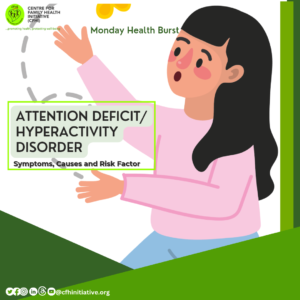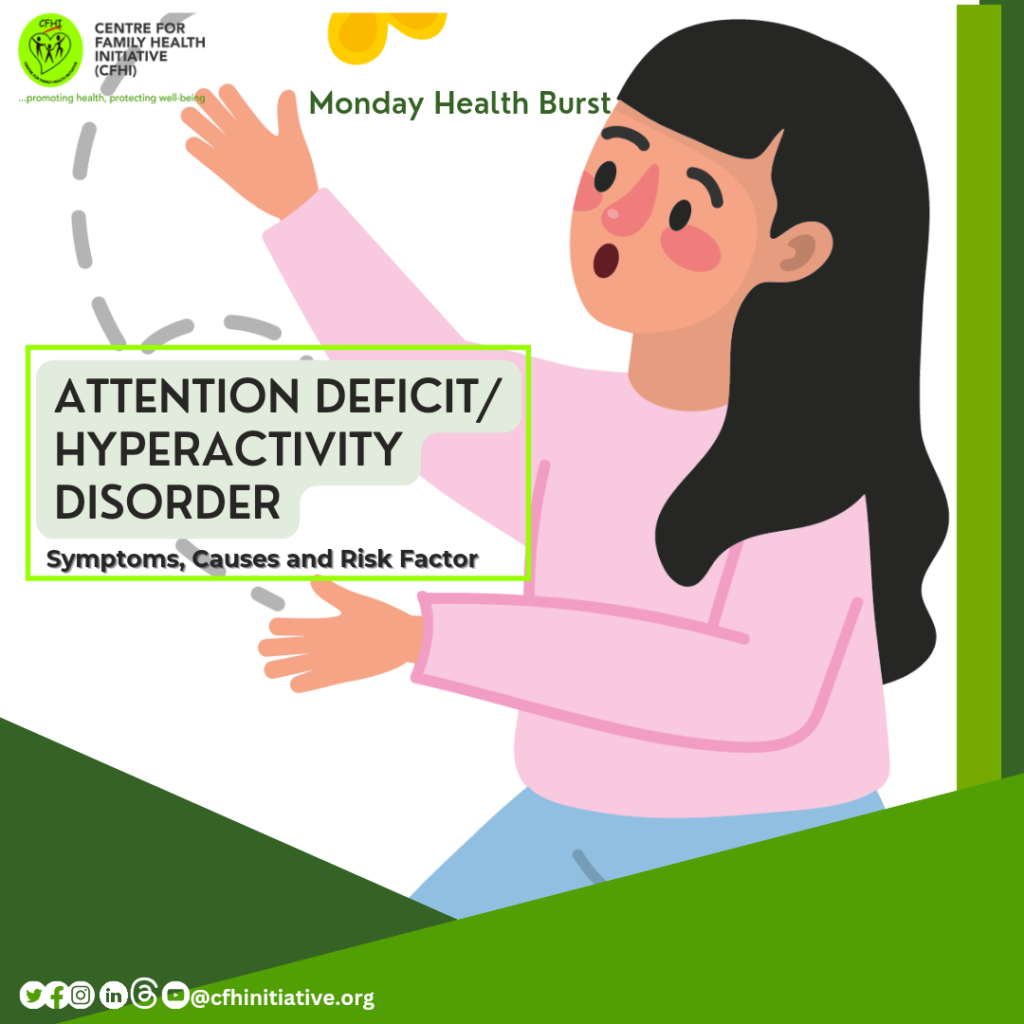Attention Deficit/Hyperactivity Disorder (ADHD) is a neurodevelopmental disorder that affects both children and adults. Characterized by persistent patterns of inattention, hyperactivity, and impulsivity, ADHD can significantly impact an individual’s daily functioning, academic or professional performance, and social relationships. With increasing awareness, it is important to understand the symptoms, diagnosis, and management strategies for ADHD to provide the necessary support and improve quality of life for those affected.
Symptoms of ADHD
ADHD symptoms are typically grouped into two categories: inattention and hyperactivity-impulsivity. While individuals may present symptoms from either category, many experience a combination of both.
Inattention:
- Difficulty sustaining attention during tasks or play.
- Frequent careless mistakes in schoolwork or work-related activities.
- Easily distracted by external stimuli.
- Difficulty organizing tasks and managing time.
- Often avoids or dislikes tasks requiring sustained mental effort.
- Frequently loses items like keys, books, or homework.
Hyperactivity and Impulsivity:
- Inability to sit still or remain seated in appropriate situations.
- Excessive fidgeting or tapping.
- Frequently interrupts conversations or intrudes on others’ activities.
- Talks excessively or blurts out answers before questions are completed.
- Difficulty waiting their turn, whether in conversation or during activities.
- These symptoms often appear before the age of 12, and for a diagnosis of ADHD, they must be present in multiple settings (e.g., home, school, or work) and impact the individual’s social or occupational functioning.
Causes and Risk Factors
The exact cause of ADHD is not well understood, but research suggests that it is a combination of genetic, environmental, and neurological factors. Key factors include:
Genetic Factors: ADHD tends to run in families, indicating a strong genetic component. Studies show that children with a parent or sibling with ADHD are at a higher risk of developing the condition.
Neurological Differences: Differences in brain structure and function, particularly in areas involved in attention, self-control, and planning, have been observed in individuals with ADHD.
Prenatal and Early Life Factors: Exposure to tobacco, alcohol, or drugs during pregnancy, premature birth, low birth weight, and exposure to environmental toxins (e.g., lead) during infancy may increase the risk of ADHD.
ADHD is a complex disorder that requires a nuanced approach to diagnosis and treatment. Greater awareness and understanding can help break down the stigma around ADHD and lead to more effective support systems for those affected. Whether through behavioral interventions, medication, or tailored educational strategies, individuals with ADHD can achieve their full potential and enjoy a fulfilling life. With continued research and advocacy, society can create an environment where those with ADHD thrive alongside their peers.


